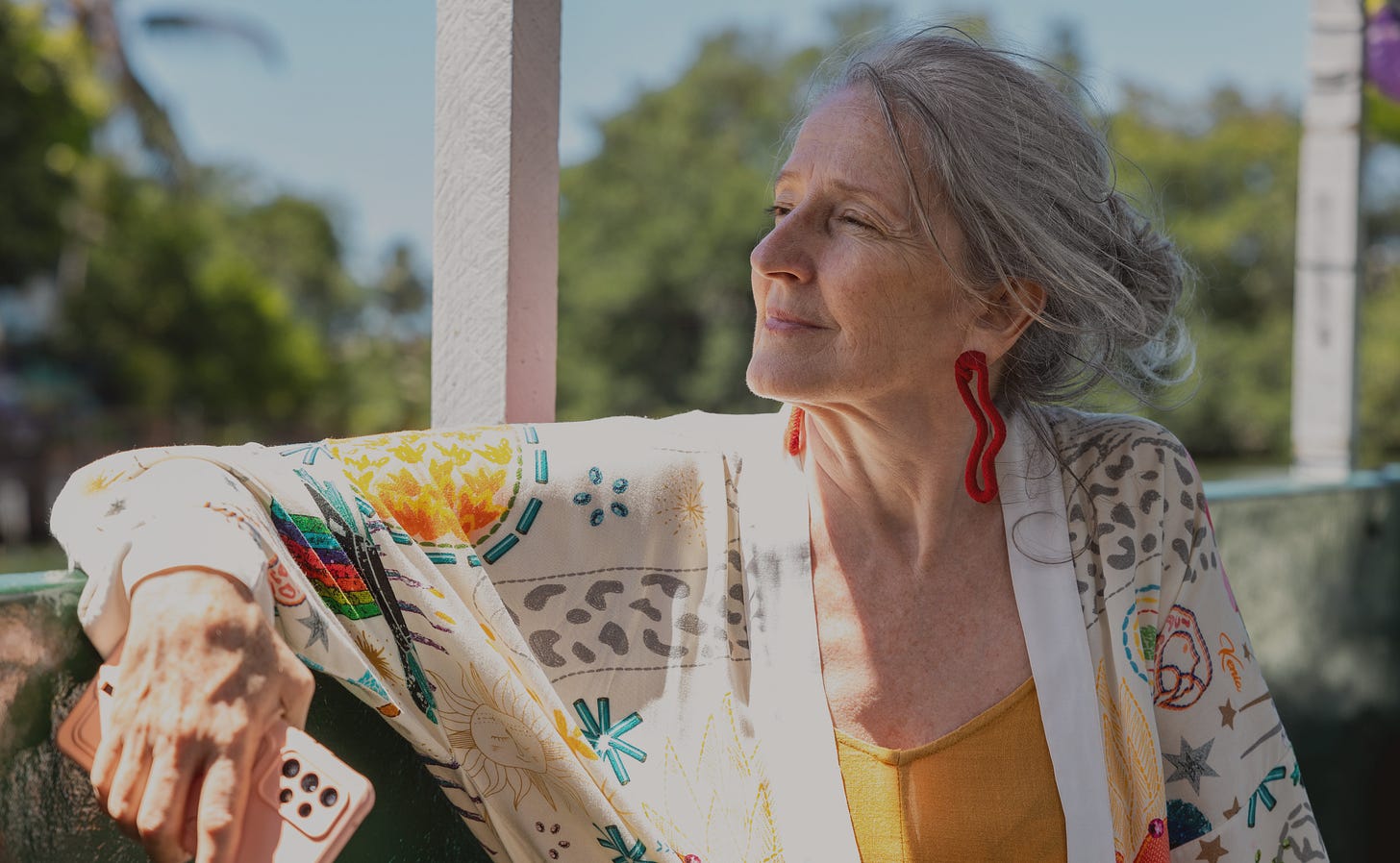Dr. Daniel Paulson: Resolve to prioritize your self-care in 2025
Just a month into 2025, most New Year’s resolutions have already been discarded, data suggests.
It only takes about two weeks before a sweeping 88% of goal setters ditch their best-laid plans and resume old habits, according to Dr. Asim Shah, an executive vice chair at Baylor College of Medicine’s Menninger Department of Psychiatry and Behavioral Services, who discussed the phenomena in a university article.
“Everyone would like to be healthier and better-looking and have better habits,” says ays Dr. Daniel Paulson, a clinical gero-psychologist and ADRC board member. “But staying healthy and having good habits are difficult, so we also tend to be ambivalent toward those goals.”
“Ambivalence doesn’t mean we don’t care,” he adds. “It means we are conflicted.”
Because, although we are entering a brand new year, we are very much the same person.
“It’s always wise to figure out what you want and how you would like to invest your time and effort,” he says. “Examining our own motivations and goals helps us to orient to personally-important activities and ways of living our life. But the implementation is difficult because last year’s challenges tend to become this year’s challenges.”
And as a Care Partner supporting someone who is navigating dementia-related brain changes, we know the challenges are sometimes numerous.
“Caregiving is very demanding,” Paulson says. “In part because it involves our families and those closest to us, so when people we care for have needs, many of us feel this personal obligation to provide, and providing for others means less time for ourselves, although providing for people we love is a very valuable way to invest one’s time and resources.”
Paulson suggests a simple reframe. When we set thoughtful intentions that enhance our self-care, we no doubt become more effective Care Partners.
For instance, we often experience guilt around carving time for their other meaningful connections, but maintaining friendships promotes overall wellbeing.
“When reframed as preparation to be more available in that caregiving role, outside relationships become an obvious source of resilience,” says Paulson.
“For some people, practicing faith can be a tremendous source of resilience and strength,” he adds. “The New Year can be a wonderful opportunity to explore those communities and reconnect with that side of our lives.”
We can view our gym sessions as opportunities for our people to nurture their other social connections, too — perhaps visiting a friend or an adult day program.
“Most caregivers have far more resources than they use in a typical day, and a lot of those resources are other family and friends who would perhaps very much enjoy spending time with the loved one,” Paulson says.
“For many of us, it is an instinct to not do anything that would feel as though we’re putting our work on others or neglecting our responsibilities,” he adds. “And maybe somewhat paradoxically, that can lead to isolation both for us and the care recipients.”
When we lean on our family network or our social network, we deepen feelings of wellbeing and connectedness.
And those resolving to prioritize mental health this year might begin therapy.
“Good therapy is expensive and time consuming, and can feel enormously intrusive,” says Paulson. “And the counterpoint to that is your therapist ultimately works for you, like a transmission mechanic or a lawyer or an accountant.”
“They can help you understand your challenges in ways you might not,” he adds.
A professional who specializes in the issues that are impacting you, and a goal for the experience, are important.
“When entering therapy, you should do so with an eye toward ending therapy,” Paulson says. “How would life be when it’s finished? You don’t stay in touch with your accountant all year.”
Specificity is essential regardless of the resolution, however, and Paulson adds that paying and registering for, say, those gym classes might be that push we need.
“Our tension with New Year’s resolutions is that people give up because change is difficult. It doesn’t necessarily mean that something is wrong with us at all. It means we considered a change in our lives and we decided we’re better off without it,” Paulson says.
He says there is meaning in simply observing our behavior and noticing what we are prioritizing.
“It’s normal in therapy and in daily life to encounter challenges when we try to implement change, and whatever those challenges are, they reflect the reasons why the change might have been important in the first place,” he says. “If those challenges didn’t exist, we wouldn’t be thinking about making this change. We would find it easy to simply do the things.”
Ultimately, this time can become a catalyst for deeper self-care, if we so choose.
“New Year’s is a time to re-evaluate what is most important in our lives and for many, that involves a focus on restoring relationships and committing to roles that are most important to us, but also taking better care of ourselves and exploring new ways to enjoy our life,” he says.



